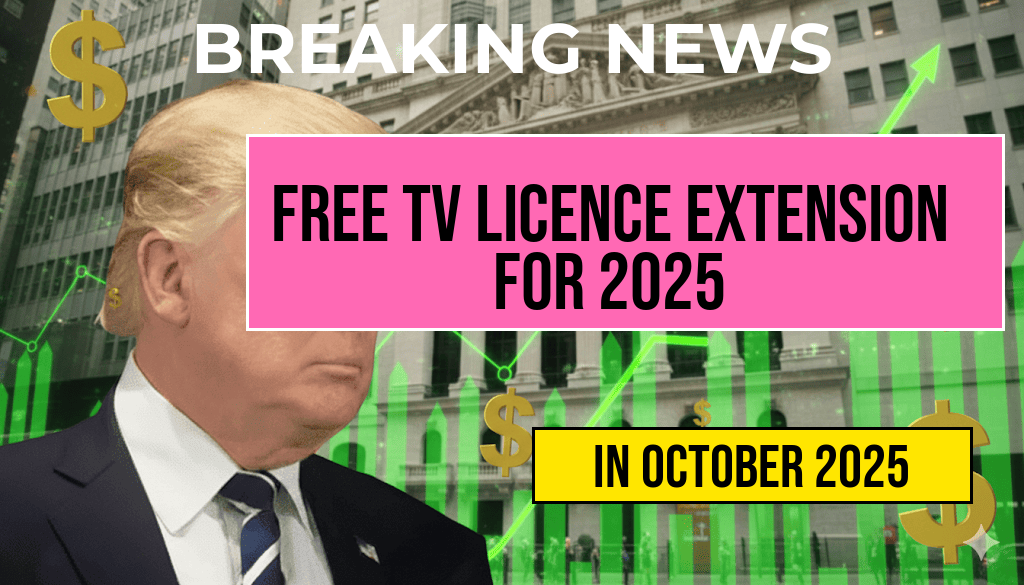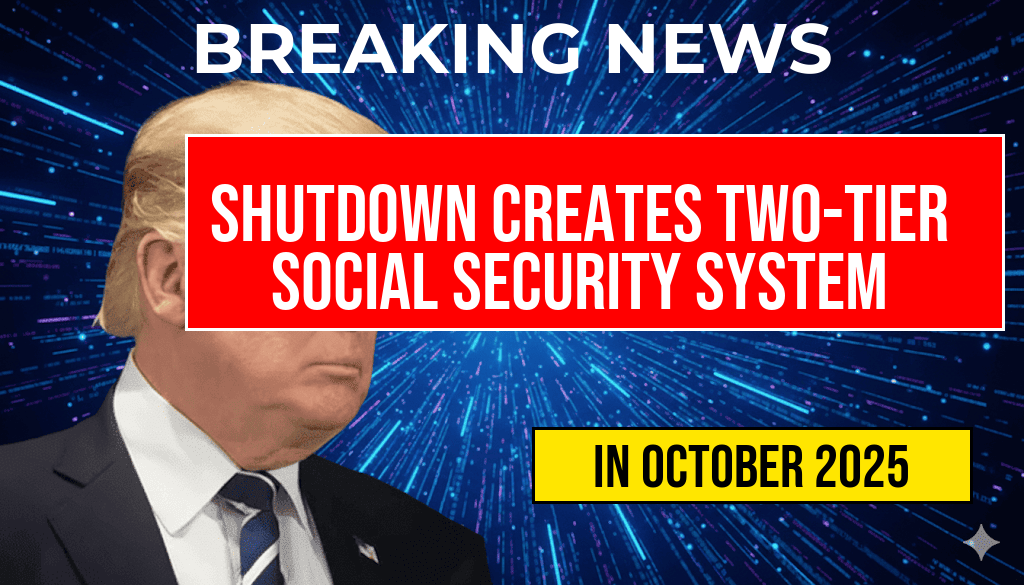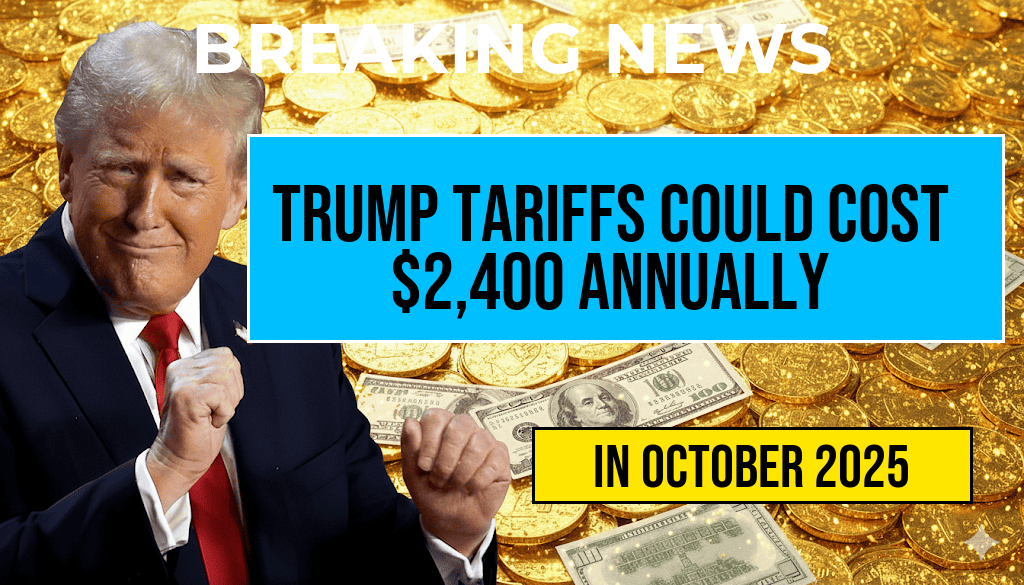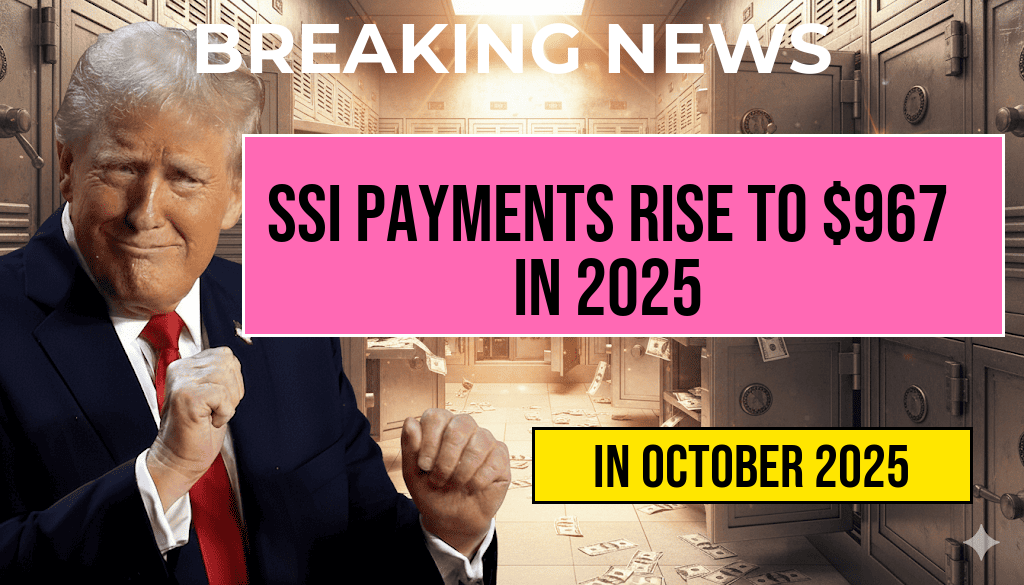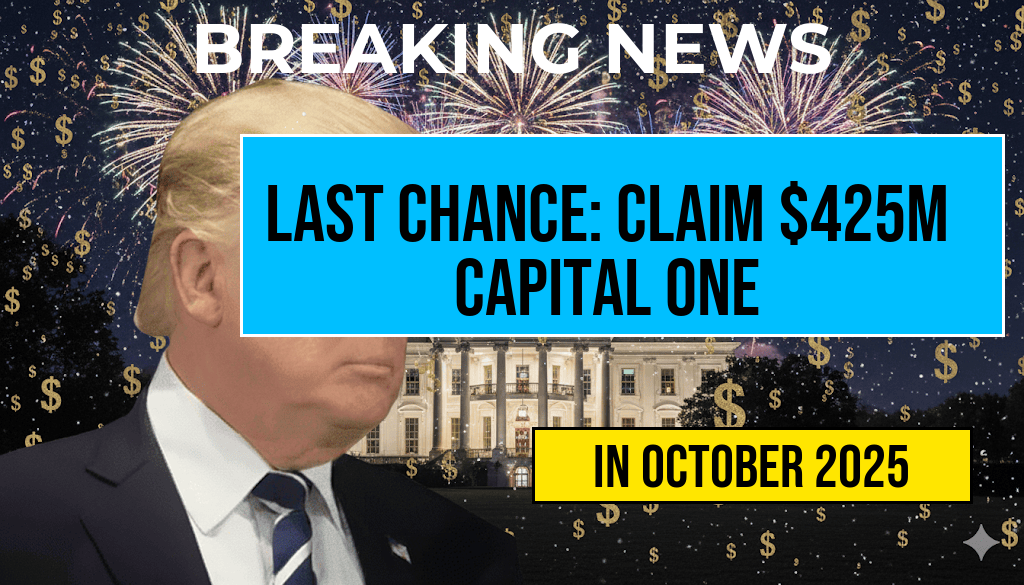The U.S. government has announced an extension of the free TV license initiative through the end of 2025, offering relief to millions of Americans who rely on broadcast television. This policy, initially introduced as a temporary measure, aims to ensure continued access to over-the-air programming amid ongoing economic challenges and shifts in media consumption. The extension applies to qualifying households, primarily those with limited incomes or specific demographic characteristics, who have previously benefited from the free licensing program. As the deadline approaches, many viewers are eager to determine if they remain eligible for this assistance. The updated guidelines and application procedures are designed to streamline the process and provide clarity for millions of Americans seeking to maintain free access to broadcast TV services. This move underscores the government’s commitment to supporting low-income households and enhancing public access to essential information and entertainment.
Who Qualifies for the Free TV License Extension?
The eligibility criteria for the free TV license extension focus on household income levels, age, and certain disability statuses. The program primarily targets individuals and families with limited financial resources, ensuring they retain access to free over-the-air television without additional costs. According to the Federal Communications Commission (FCC), households that meet specific income thresholds or receive certain government benefits are automatically eligible. Additionally, seniors over a certain age and individuals with disabilities may qualify under different provisions. It is crucial for eligible households to review the latest guidelines to confirm their eligibility and avoid interruptions in service.
Eligibility Criteria Overview
| Criteria | Details |
|---|---|
| Income Limit | Households with annual income at or below 200% of the Federal Poverty Level |
| Age | Individuals aged 75 and older automatically qualify |
| Disability | Recipients of disability benefits or enrolled in specific government programs |
| Existing Benefits | Participants in programs like Medicaid, SNAP, or SSI automatically qualify |
How to Check Your Eligibility
Eligible households can verify their status through the official government portal or by contacting local assistance agencies. The application process has been simplified, with online forms available through the FCC website. Applicants should prepare documentation verifying income, age, or benefit enrollment to expedite approval. For those unfamiliar with the process, community centers and local government offices often provide assistance with completing applications and understanding the requirements.
Impact of the Policy Extension
The extension aims to mitigate disruptions for households that rely solely on free over-the-air TV broadcasts. This group includes seniors, low-income families, and individuals with disabilities who do not subscribe to paid cable or satellite services. By maintaining free access, the government reinforces its commitment to equitable media distribution and ensures that critical public information remains accessible to all segments of the population.
Financial Implications for Households
- Cost Savings: Households eligible for the free license can save approximately $50 annually, which can be significant for those on tight budgets.
- Reduced Digital Divide: The program helps bridge the technology gap, providing free access to news, emergency alerts, and educational programming.
- Continued Public Service Access: It guarantees ongoing access to government broadcasts, local news, and weather updates essential for community safety and awareness.
Future Considerations and Policy Developments
While the current extension ensures coverage through 2025, discussions surrounding the long-term future of the free TV license program continue. Some policymakers advocate for integrating the license fee into broader spectrum management policies or transitioning toward digital access models that could phase out traditional licensing requirements. However, consumer advocacy groups emphasize the importance of maintaining free access, especially as digital divides persist across different regions and demographic groups.
Official Resources and Assistance
- FCC Consumer Guide on TV Licensing
- U.S. Government Information on Television Services
- Disability and Access to Media Resources
Frequently Asked Questions
Who is eligible for the free TV licence extension in 2025?
The government’s free TV licence extension in 2025 applies to individuals aged 75 and over who meet specific income and residency criteria. Check the official guidelines to confirm your eligibility.
How can I apply for the free TV licence extension in 2025?
You can apply online through the official government website or by mailing a completed application form. Ensure you provide all necessary proof of age and income to process your request smoothly.
What documents are required to prove eligibility for the free TV licence extension?
Required documents typically include proof of age such as a birth certificate or passport and income verification if applicable, like benefit award notices or tax statements.
Will the free TV licence extension cover all types of television services?
Yes, the extension generally covers all television broadcasting services that require a TV licence, including live broadcasts, recorded programs, and streaming services that are subject to licensing requirements.
When does the free TV licence extension in 2025 start and end?
The extension begins on January 1, 2025, and will be valid until December 31, 2025. Make sure to verify your licence period and renew if necessary for the following year.

